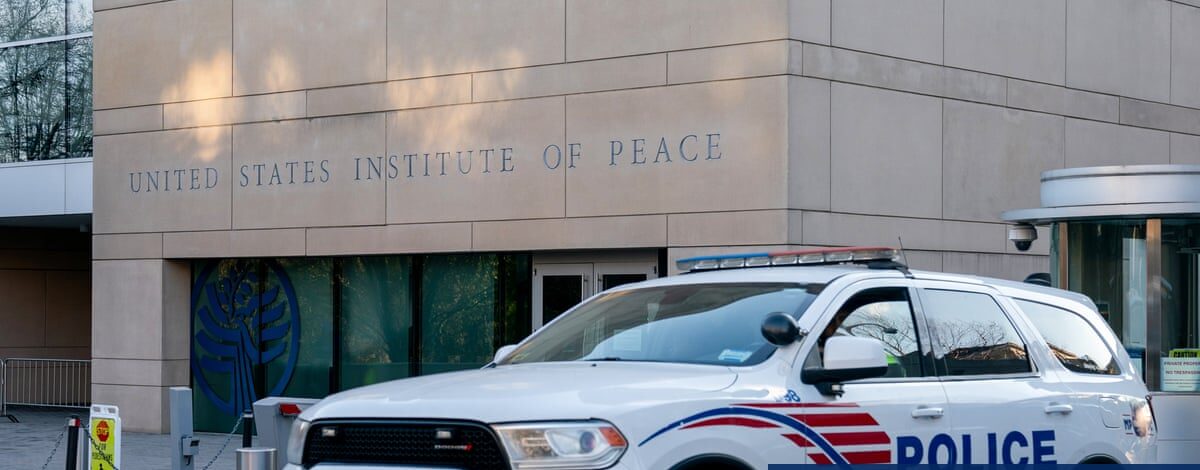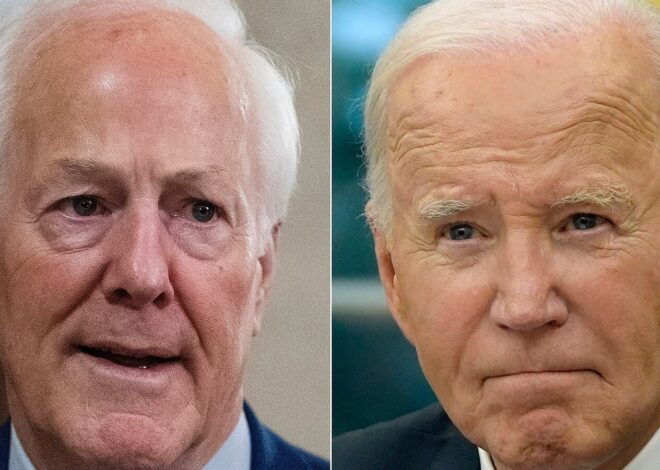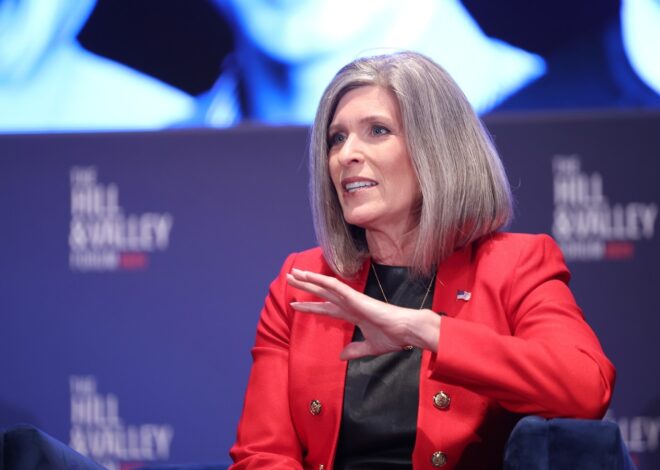
Court Halts Trump Administration’s Attempt to Disband US Institute of Peace
Breaking Insight
Perhaps it began quietly, with the usual morning routine-a cup of coffee in hand, eyes scanning the headlines, when suddenly-everything changed. A federal judge’s ruling on Monday has cast a temporary pause on the Trump administration’s bold attempt to dismantle the US Institute of Peace. This unexpected turn of events involved the “department of government efficiency” or Doge, which had quite the spotlight under the initial watchful eye of Elon Musk. His involvement brought a mix of curiosity and concern, considering his reputation for shaking things up.
Back in March, Doge, with its newfound authority, took over this congressionally funded thinktank. It moved swiftly and dramatically-most employees were abruptly fired via a late-night email, a method as impersonal as it was effective. The Institute, one might say, was caught in the crosshairs of an executive order aimed at trimming down the federal government. What ensued was a chaotic struggle involving lawsuits from the displaced employees who sought to halt the institute’s dissolution.
Amidst the confusion, the White House stood firm. It claimed the institute was in “non-compliance” with the executive order, implying that the pursuit of peace hadn’t been quite up to scratch. But wasn’t it odd, I thought, to equate the complexities of diplomacy and conflict resolution with something as straightforward as compliance? Yet the government was adamant. The Doge team took forceful measures, canceling private security contracts and boldly entering the thinktank’s building.
In the courts, Judge Beryl Howell’s ruling was a powerful rebuke. The judge pointed out the harsh realities: Doge’s actions were deemed illegal-a takeover executed with “blunt force” alongside law enforcement officers. It was a moment where the legal system sought to reinstate some semblance of order. The removal of the institute’s board and the abrupt transfer of its assets were declared “null and void”. A small victory, perhaps, for those who still believed in the mission of peace.
For the approximately 300 employees, the upheaval had been more than just professional. Besides a handful of human resources staffers and overseas employees, most faced sudden unemployment. The White House spokesperson, Anna Kelly, did not mince words. In an email, she argued the institute had failed its primary mission-to deliver peace. Trump’s mandate, she insisted, was to cut down waste and protect taxpayer money.
The opposing viewpoint was stark. An attorney for the affected employees branded the takeover as “egregious government overreach.” The vivid imagery of armed agents seizing a nonprofit’s headquarters and destroying records for the sake of “efficiency” painted a troubling picture. This chaotic tale brought to mind an era where legal and political skirmishes frequently spilled into the public eye, forcing society to reflect on the price of such so-called efficiencies.
Perhaps, this is the world we live in now, where quiet beginnings can quickly transform into something much louder. And maybe there’s a lesson hidden somewhere-buried beneath layers of legal jargon and political rhetoric-waiting for us to grasp. If you’re curious to read more about this judicial intervention, check out this CNN article.
For more context, see this background on US politics.



